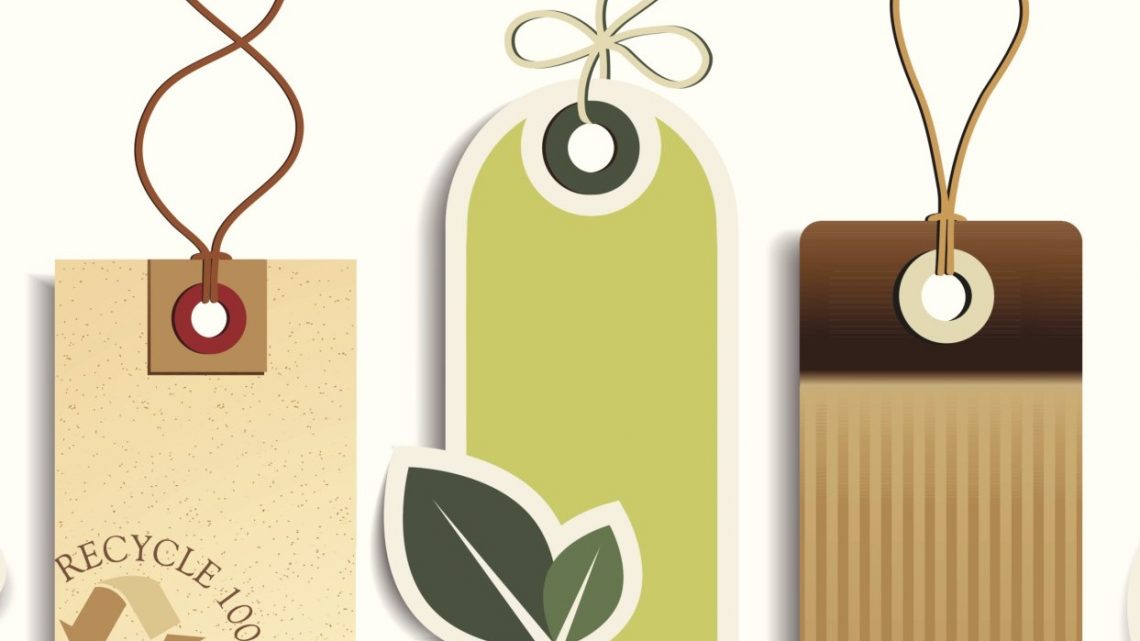The saying A penny saved is a penny earned has never been more true than in today’s society. The fast pace of our lives often leads us to forget just how important that old adage is.
For the last article in this series, here are a few tips to “earn” money for your budget. Not all of them will work for everyone, but if you give some of these ideas a try you might be surprised how the savings can ad up.
- Make it a habit to turn off lights whenever you leave a room. You can also save money by turning off the water while you brush your teeth, and running only full loads of laundry and dishes.
- Re-use plastic and paper bags, boxes and other containers. Not only is this good for the environment, you won’t have to buy storage containers or trash can liners.
- Give your family haircuts at home. All you need is a good pair of scissors and maybe electric trimmers, depending on the hairstyle. (For best results, start when the kids are young!)
- Buy non-perishable items in bulk, especially when they are on sale. This habit will save a substantial amount of money in a year’s time. You can also save money at the grocery store by using coupons, as long as you don’t buy things you ordinarily wouldn’t.
- Hand make greeting cards and gifts. Re-use bows and wrapping paper saved from Christmas, or make your own from plain paper. If you get a newspaper, children’s presents can be wrapped using the cartoon section.
- You can save countless dollars by mending clothes instead of disposing of garments with missing buttons or sagging hems. And try hanging out your laundry, or using a drying rack instead of popping everything into the dryer (dryers typically use more electricity than any other household appliance).
- Grow a garden. Even if you have only a small space you can enjoy the fresh taste of summer produce. Be smart about what you plant and have a plan for preserving extra food.
- Regulate the temperature in your home to help with heating and cooling costs. For example, on sunny days close the blinds or drapes in the summer and open them in the winter. On mildly warm days, open your windows and use fans instead of air conditioning. Invest in a wood stove if you have access to firewood at low cost. And consider putting your thermostat on a timer that automatically turns it down at night.
- Eat vegetarian when possible. Plant proteins are less expensive than meat. When you have leftovers use them creatively for a later meal instead of throwing food out.
- Barter instead of buying. Trade products or services with friends and neighbors.
- Choose a “staycation” instead of an expensive vacation. Research and visit fun and interesting places close to home.
- My final tip is really important: Pay off your credit cards every month. Many people get caught in the “credit card trap” and end up paying considerably more than the cash value of their purchases because of high interest rates on their credit cards. As far as possible, stay out of debt. A penny borrowed can destroy your budget and your financial plans.










